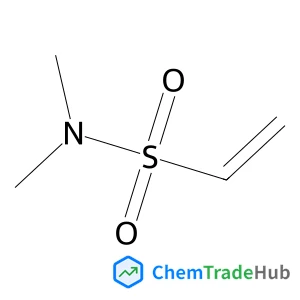Transition-metal-free insertion reactions of alkynes into the C–N σ-bonds of imides: synthesis of substituted enamides or chromones
文献信息
Zhong Zheng, Ye Wang, Murong Xu, Lingkai Kong, Mengdan Wang, Yanzhong Li
A transition-metal-free tandem process for the synthesis of substituted enamides and chromones is presented. The insertion of isolated alkynes into the C–N σ-bonds of imides is involved in this tandem process. In the case of alkynones bearing an ortho-bromo-substituted aryl ring, chromones were selectively formed via the O-cyclization pathway. A variety of substituted enamides and chromones were prepared in good to high yields.
相关文献
IF 6.367
Developing a novel high performance NaNbO3-based lead-free dielectric capacitor for energy storage applicationsIF 6.367
Contents listIF 6.222
Enhanced power performance of an in situ sediment microbial fuel cell with steel-slag as the redox catalyst: I. electricity generationIF 6.367
Redox responsive Pluronic micelle mediated delivery of functional siRNA: a modular nano-assembly for targeted deliveryIF 6.843
Interfacial engineering of a polymer–MOF composite by in situ vitrificationIF 6.222
Front coverIF 6.222
Synthesis and hydrogen evolving catalysis of a panchromatic photochemical molecular deviceIF 6.367
Vapor-fed photoelectrolysis of water at 0.3 V using gas-diffusion photoanodes of SrTiO3 layersIF 6.367
Ether-functionalization of monoethanolamine (MEA) for reversible CO2 capture under solvent-free conditions with high-capacity and low-viscosityIF 6.367
来源期刊
Chemical Communications
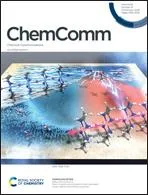
ChemComm publishes urgent research which is of outstanding significance and interest to experts in the field, while also appealing to the journal’s broad chemistry readership. Our communication format is ideally suited to short, urgent studies that are of such importance that they require accelerated publication. Our scope covers all topics in chemistry, and research at the interface of chemistry and other disciplines (such as materials science, nanoscience, physics, engineering and biology) where there is a significant novelty in the chemistry aspects. Major topic areas covered include: Analytical Chemistry Catalysis Chemical Biology and medicinal chemistry Computational Chemistry and Machine Learning Energy and sustainable chemistry Environmental Chemistry Green Chemistry Inorganic Chemistry Materials Chemistry Nanoscience Organic Chemistry Physical Chemistry Polymer Chemistry Supramolecular Chemistry
推荐供应商
 北京朗润时代环保科技有限公司
北京朗润时代环保科技有限公司 Verrerie Soufflée Mécanique (VSM) S.A.
Verrerie Soufflée Mécanique (VSM) S.A. 无锡惠尔环境试验设备厂
无锡惠尔环境试验设备厂 戴科化学贸易化学(上海)有限公司
戴科化学贸易化学(上海)有限公司 深圳方寸达科技有限公司
深圳方寸达科技有限公司 KIMAESA AG
KIMAESA AG 海姆巴赫过滤有限公司
海姆巴赫过滤有限公司 Medizintechnik PATZ有限公司
Medizintechnik PATZ有限公司 盐城禾佳化工有限公司
盐城禾佳化工有限公司 西安圣仕达清洁设备有限公司
西安圣仕达清洁设备有限公司










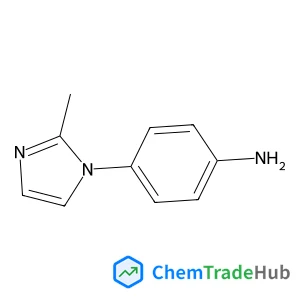
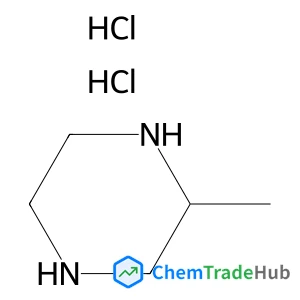
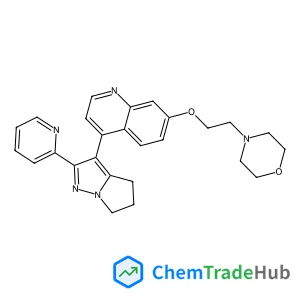
![503070-57-3 - 2-[2-(6-溴己氧基)乙氧基甲基]-1,3-二氯苯 503070-57-3 - 2-[2-(6-溴己氧基)乙氧基甲基]-1,3-二氯苯](/structs/503/503070-57-3-bc25.webp)
